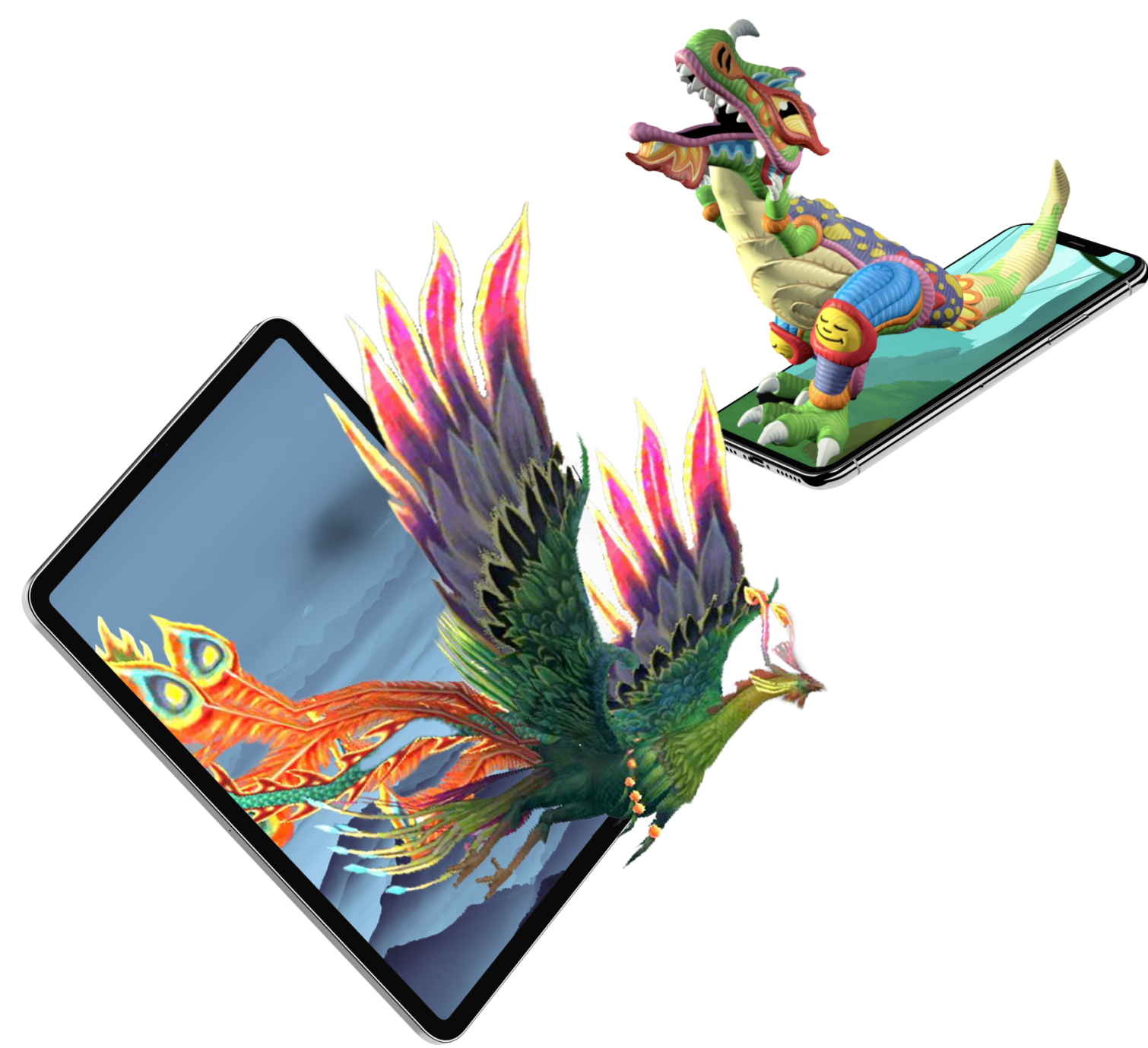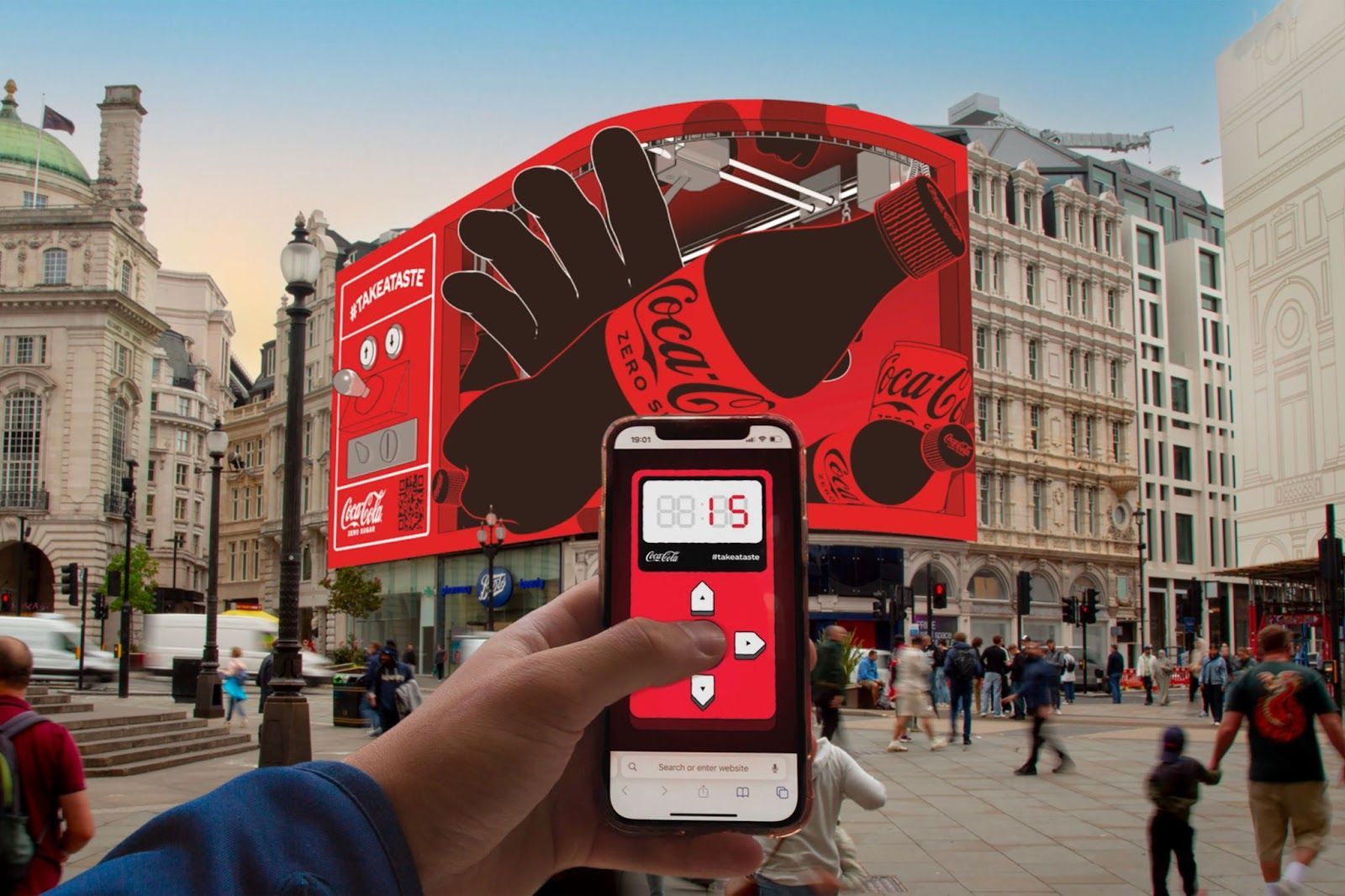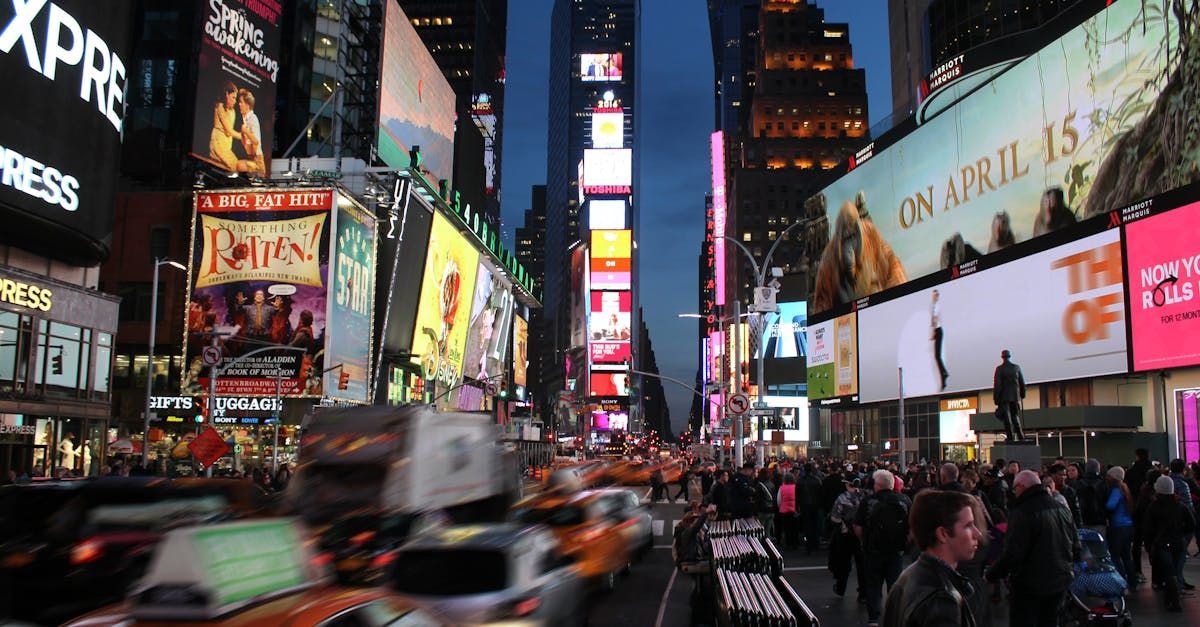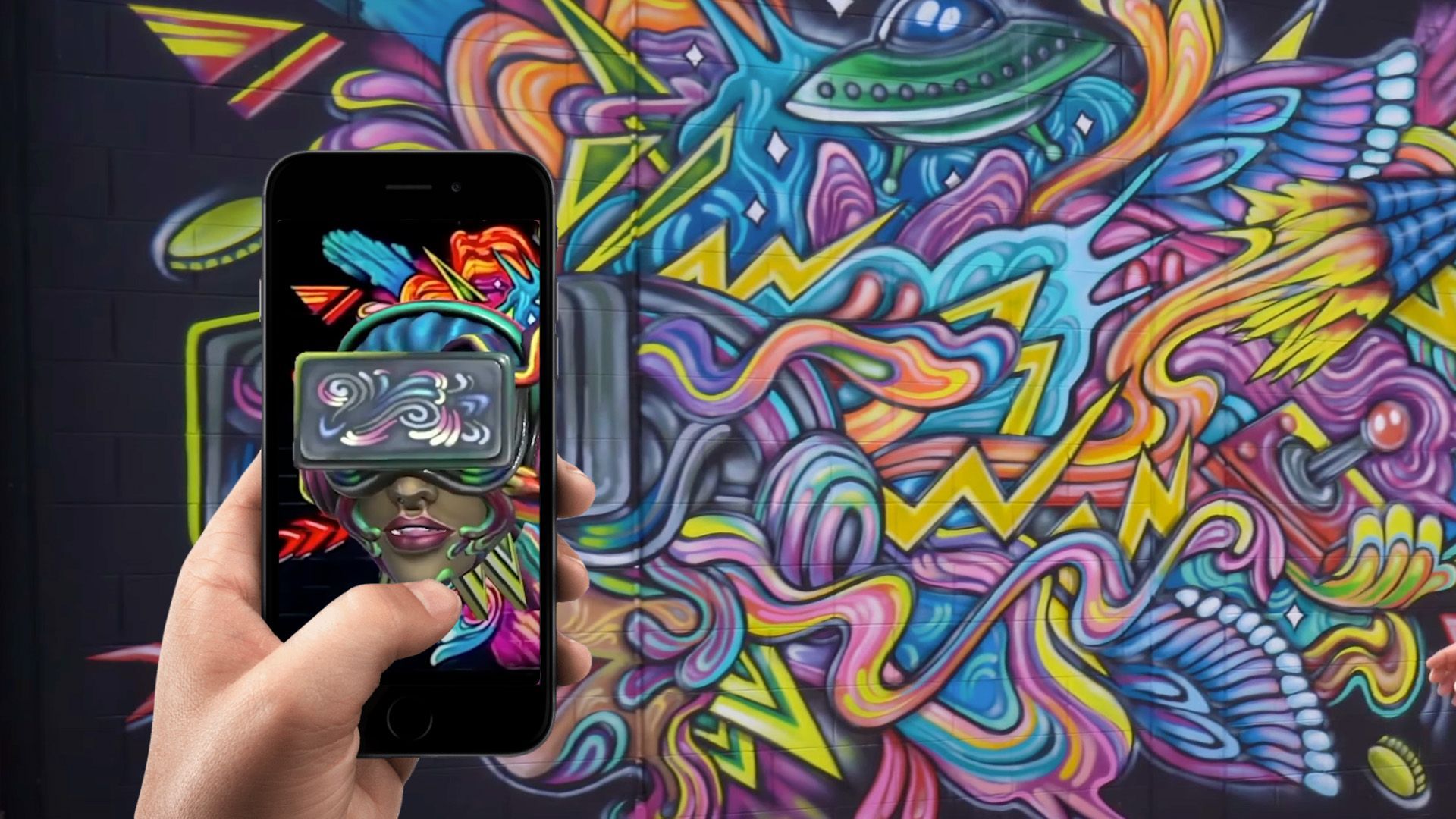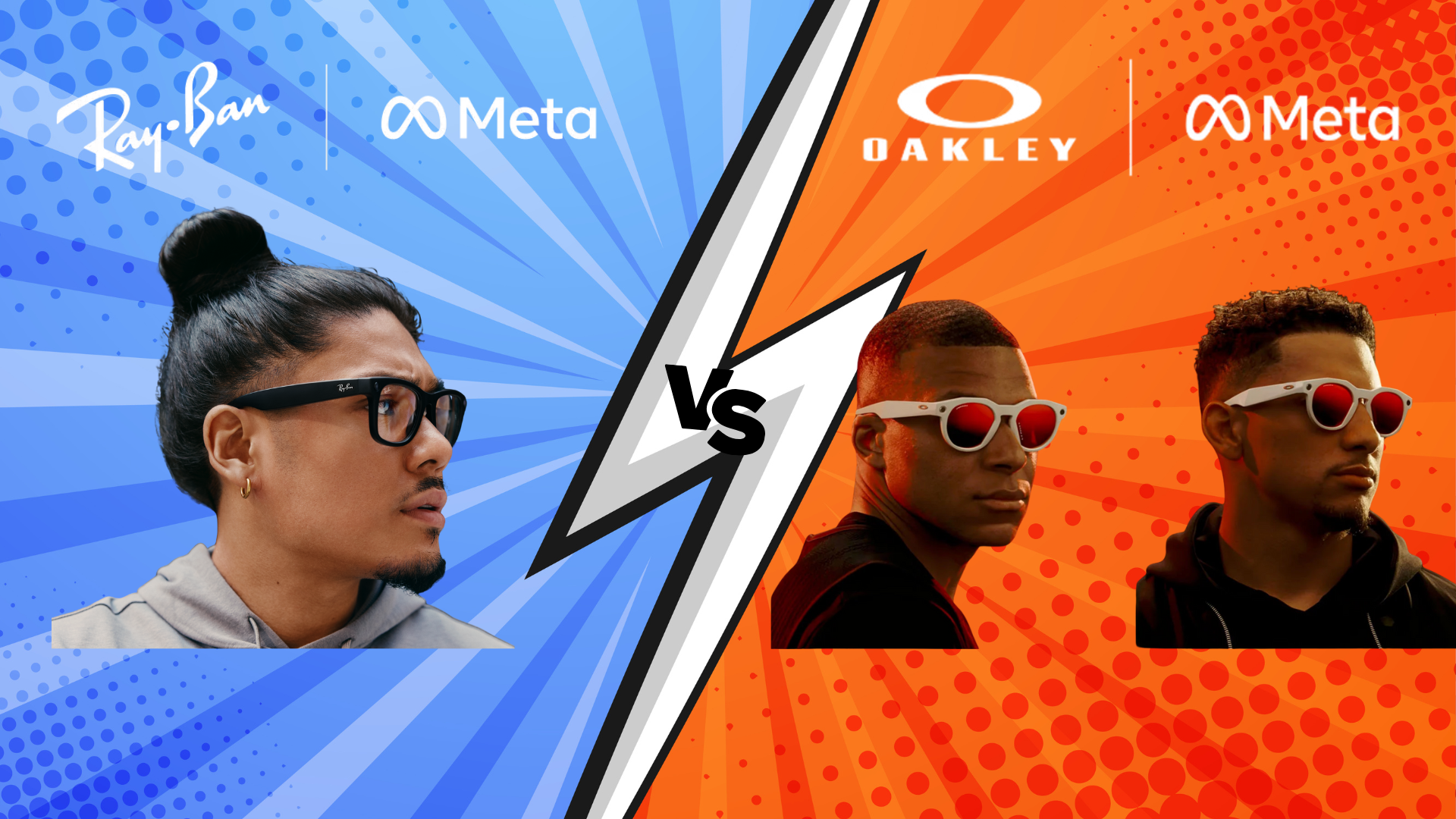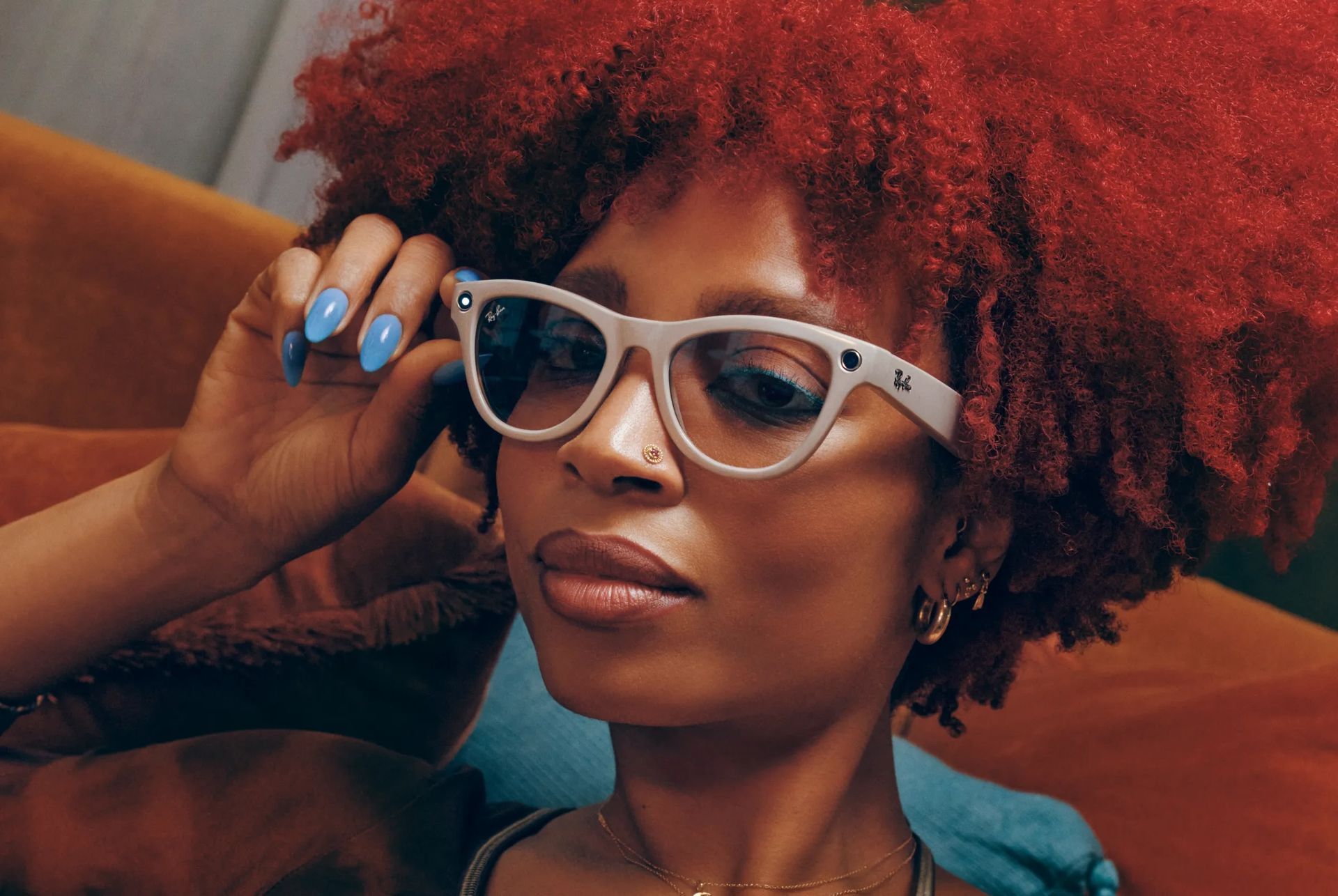3 Disruptive Ways to Increase Brand Awareness

In the ever-evolving marketing landscape, increasing brand awareness is a perpetual challenge for businesses striving to stand out in a crowded marketplace. Traditional marketing strategies often need to catch up in capturing the attention of a tech-savvy, digitally connected audience. To make a significant impact, brands must embrace disruptive marketing strategies that challenge the status quo and leverage cutting-edge technologies. Here are three disruptive ways to increase brand awareness that are innovative and highly effective.
1. Augmented Reality: Transforming Customer Engagement
Augmented Reality (AR) is a game-changer in brand building, offering immersive experiences that traditional marketing methods cannot match. By overlaying digital content in the real world, AR creates interactive and memorable experiences that captivate potential customers and foster a deeper emotional connection with the brand.
Enhanced Brand Visibility:
AR allows brands to create unique and engaging experiences that enhance brand visibility. For instance, AR billboards and murals can transform static advertisements into interactive experiences, allowing consumers to engage with the content in real-time. This captures attention and encourages sharing on social media, amplifying reach organically.
Case Study - BrandXR:
BrandXR, a no-code AR platform and award-winning XR studio, has demonstrated the power of AR in marketing. Their AR capabilities enable brands to create, publish, and measure 3D AR experiences without writing a single line of code. Brands like NASA, the NBA, and LG have used BrandXR to deliver new customer experiences, significantly enhancing engagement and conversions.
Customer Insights and Analytics:
AR experiences provide valuable data on customer interactions, such as engagement metrics and demographic information. This data helps brands understand consumer behavior better and tailor future marketing strategies accordingly.
2. Leveraging Artificial Intelligence for Personalized Marketing
Artificial Intelligence (AI) is revolutionizing marketing by enabling hyper-personalized customer experiences. AI algorithms analyze vast amounts of data to identify patterns and preferences, allowing brands to deliver personalized content that resonates with individual consumers.
Predictive Analytics:
AI can predict consumer behavior by analyzing historical data. This allows brands to anticipate customer needs and tailor their marketing efforts accordingly. For example, AI-driven predictive analytics can help identify which products are likely to interest-specific customer segments, enabling targeted marketing campaigns that increase conversion rates.
Chatbots and Virtual Assistants:
AI-powered chatbots and virtual assistants provide instant customer support and personalized recommendations, enhancing the overall customer experience. These tools can engage with customers on websites, social media platforms, and messaging apps, providing valuable assistance and driving engagement.
Case Study - HubSpot:
According to HubSpot's 2024 State of Marketing report, brands leveraging AI-driven chatbots have significantly increased customer satisfaction and engagement. These chatbots can handle various customer queries, offer personalized product recommendations, and even facilitate transactions, making the customer journey seamless and enjoyable.
3. Creating Emotional Connections Through Storytelling
In an era where consumers are bombarded with advertisements, creating an emotional connection with the audience is crucial for building brand loyalty. Storytelling is a powerful tool that can humanize a brand, making it more relatable and memorable.
Authentic Brand Stories:
Brands that share authentic stories about their journey, values, and mission can forge strong emotional connections with their audience. These stories should reflect the brand's identity and resonate with the target audience's values and aspirations.
User-Generated Content:
Encouraging customers to share their stories and experiences with the brand can significantly boost brand awareness. User-generated content provides authentic testimonials and fosters a sense of community and loyalty among customers.
Case Study - Nike:
Nike's "Just Do It" campaign is a prime example of effective storytelling. Nike has built a powerful emotional connection with its audience by featuring stories of athletes overcoming challenges and achieving their dreams. This strategy has helped Nike become one of the most recognized and beloved brands globally.
Social Media Campaigns:
Leveraging social media platforms to share compelling stories can amplify their reach. Brands can use platforms like Instagram, TikTok, and Facebook to share behind-the-scenes content, customer testimonials, and impactful narratives that resonate with their audience.
Conclusion
Increasing brand awareness in today's competitive market requires innovative and disruptive strategies. By leveraging augmented reality, artificial intelligence, and compelling storytelling, brands can create memorable experiences that resonate with their audience and foster long-term loyalty. These strategies capture attention and drive engagement, ultimately leading to increased brand awareness and growth.
Incorporating these disruptive marketing strategies into your brand's marketing plan can help you stay ahead of the curve and make a lasting impact on your target audience. Embrace the power of AR, AI, and storytelling to transform your brand awareness efforts and achieve remarkable results.
TALK TO A PRO
We're here to bring your brand to life!
Stay Connected with BrandXR
Create Augmented Reality for Free!
Create, Publish, and Measure 3D Augmented Reality Experiences Without Having to Code.
